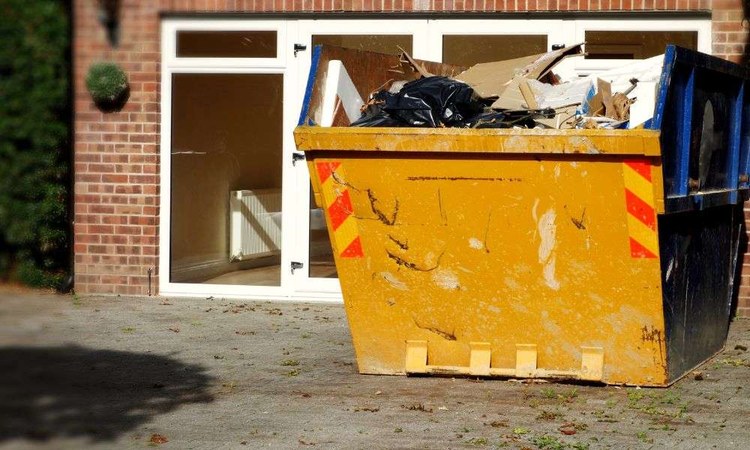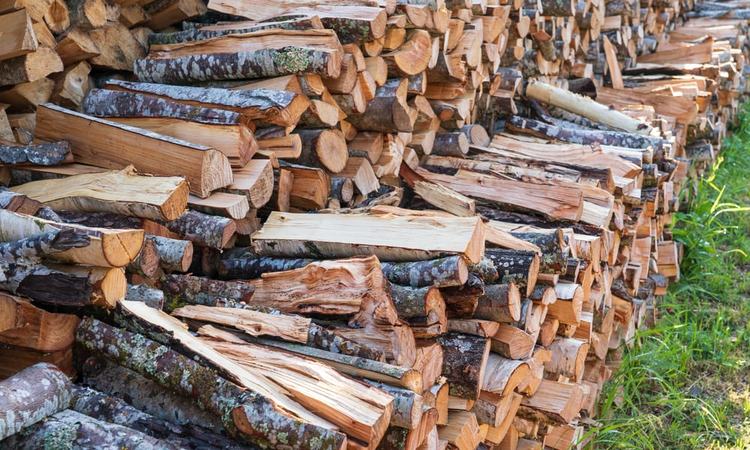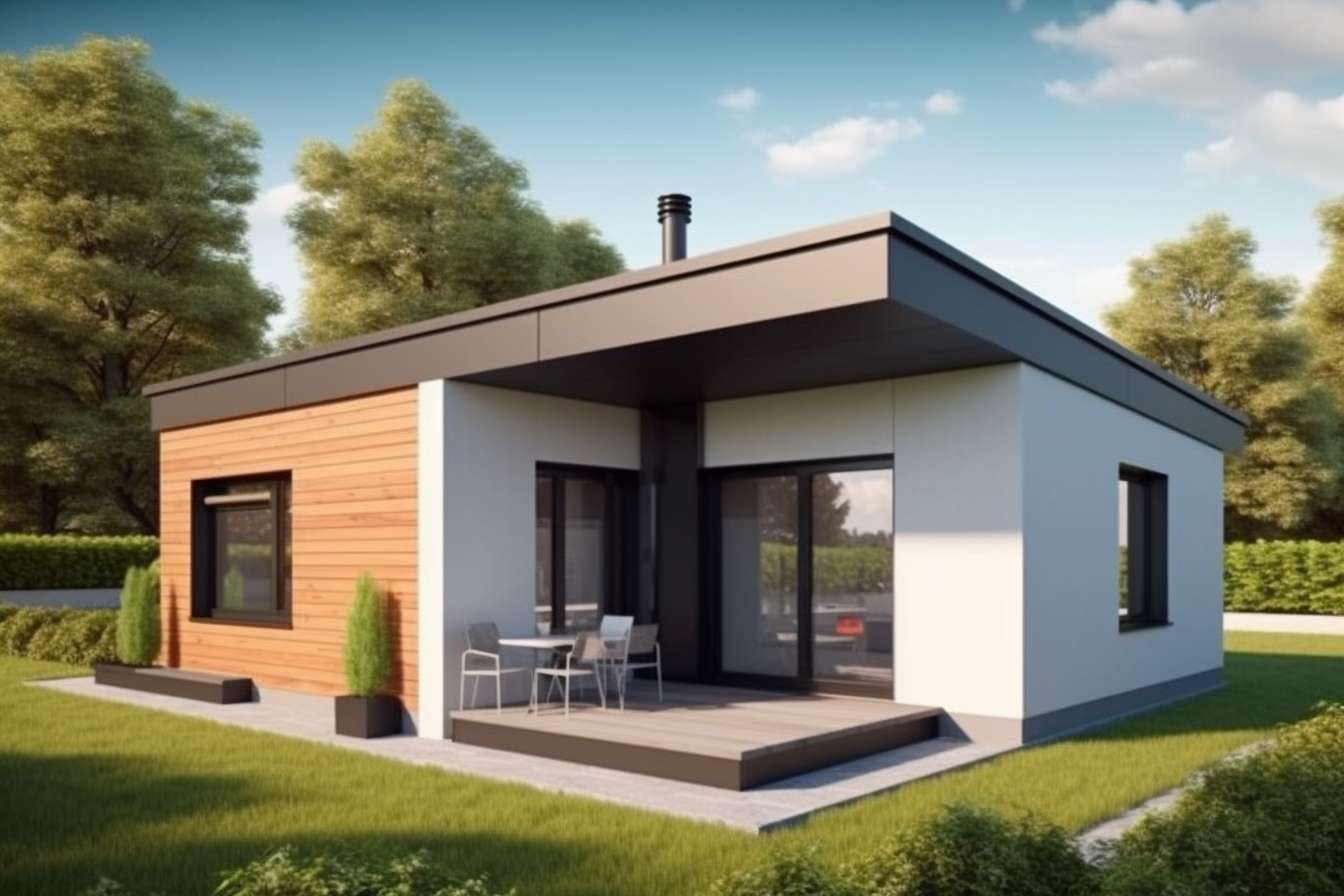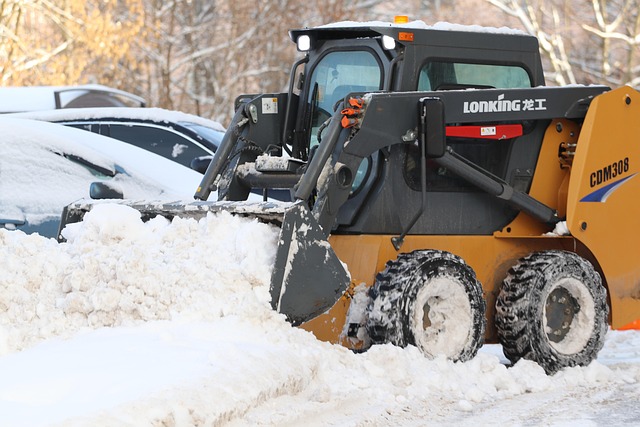Dumpster Rental Guide: Size, Type, and Term Options
When tackling a home renovation, major cleanup, or construction project, proper waste management becomes essential for efficiency and environmental responsibility. Dumpster rental services provide a convenient solution, offering temporary waste containers delivered directly to your location. Understanding the available options for size, type, and rental terms helps ensure you select the right dumpster for your specific needs while maximizing value and minimizing environmental impact.

How to Choose the Right Rental Dumpster Size
Selecting the appropriate dumpster size is crucial for both cost-effectiveness and project efficiency. Most rental companies offer dumpsters in several standard sizes, typically measured in cubic yards. A 10-yard dumpster (approximately 12 feet long, 8 feet wide, and 4 feet high) works well for small cleanup projects or minor home renovations. Medium projects like kitchen remodels or garage cleanouts often require 20-yard containers, while major renovations and construction projects benefit from 30 or 40-yard dumpsters.
Consider the nature of your waste as well. Heavy materials like concrete, dirt, or roofing materials require smaller dumpsters due to weight restrictions, even if the volume seems manageable. Bulky but lightweight materials like furniture or yard waste might need larger containers despite weighing less. Many rental companies can help assess your project needs during the reservation process to recommend the most appropriate size.
What Types of Dumpsters Are Available for Different Projects
Dumpster types vary beyond just size, with specific designs created for particular project requirements. Residential dumpsters typically feature lower sides for easier loading and are designed to protect driveways with special wheels and distribution systems. Roll-off dumpsters, the most common type for construction and renovation, feature an open top and wheels that allow them to be rolled off delivery trucks directly onto your property.
For specialized needs, consider these options:
-
Concrete-only dumpsters designed specifically for heavy construction waste
-
Yard waste dumpsters for landscaping projects and organic materials
-
Clean-fill dumpsters for dirt, rock, and other natural materials
-
Mixed-use dumpsters for combination waste types
Many locations also offer eco-friendly “green” dumpsters that guarantee proper sorting and recycling of materials, which may be required in certain municipalities with strict waste management regulations.
What Are the Benefits of Using a Dumpster Rental for Home Cleaning?
Home cleanups become significantly more manageable with rental dumpsters. Rather than making multiple trips to disposal facilities or filling countless garbage bags, a dumpster centralizes waste removal in one convenient location. This time-saving benefit extends throughout your project, allowing continuous disposal as you work rather than stopping frequently to haul away materials.
Environmental benefits also accompany proper dumpster rental. Reputable companies ensure waste receives appropriate processing, with recyclable materials diverted from landfills. This professional waste management often includes sorting facilities that separate recoverable materials, reducing overall environmental impact compared to self-disposal methods.
Safety improvements represent another significant advantage. Construction debris, renovation waste, and even accumulated household items can create hazards when piled around work areas. A dumpster contains these materials securely, reducing trip hazards, potential injuries from protruding objects, and keeping work areas clean and organized throughout your project.
How Long Can I Keep the Rented Dumpster?
Standard rental periods typically range from 7 to 10 days, though this varies by company and location. This timeframe usually provides sufficient duration for most residential projects without incurring additional fees. For shorter projects, some companies offer 3 to 5-day rentals at reduced rates, while extended projects might require longer terms or renewal options.
Rental extensions are generally available when projects take longer than anticipated. Most companies allow additional day, week, or month-long extensions at prorated costs. However, scheduling these extensions in advance is recommended, as companies maintain tight delivery and pickup schedules. Last-minute extension requests might not always be accommodated, especially during busy seasons.
Some companies also offer flexible pickup arrangements. If you complete your project early, you can often request pickup before the scheduled date, potentially saving on rental costs. Conversely, if you need the dumpster for longer, communicating with your provider in advance typically results in reasonable accommodation without significant price increases.
Understanding Dumpster Rental Pricing and Restrictions
The cost of dumpster rentals varies based on several key factors including size, rental duration, location, and waste type. Most rentals include a base fee covering delivery, pickup, and a weight allowance.
| Container Size | Typical Price Range | Weight Allowance | Best For |
|---|---|---|---|
| 10 Yard | $250-$450 | 1-3 tons | Small renovations, garage cleanouts |
| 20 Yard | $350-$550 | 3-4 tons | Medium home projects, deck removal |
| 30 Yard | $450-$650 | 4-5 tons | Large renovations, construction |
| 40 Yard | $500-$750 | 5-6 tons | Major construction, commercial use |
Prices, rates, or cost estimates mentioned in this article are based on the latest available information but may change over time. Independent research is advised before making financial decisions.
Weight limits represent a crucial cost factor, as exceeding the allowed tonnage results in overage fees, typically $50-$100 per additional ton. Prohibited materials vary by location but commonly include hazardous waste, certain electronics, tires, batteries, and liquids. Placing these items in dumpsters can result in substantial additional charges.
Permit requirements add another consideration when planning your rental. While placing dumpsters on private property rarely requires permits, street placement typically does. Your rental company can often assist with permit acquisition, though the responsibility and associated fees usually fall to the customer.
Planning Your Dumpster Rental for Maximum Efficiency
Strategic planning enhances dumpster rental value. Begin by accurately estimating your project timeline and scheduling delivery just before you’ll need it. Preparing a level, accessible spot for placement prevents delivery issues and additional fees. For efficient loading, place heavier items at the bottom with lighter materials on top, and break down bulky items when possible.
Consider scheduling your project during off-peak seasons for potential cost savings, as rental companies often adjust pricing based on demand. Early spring, late fall, and winter (weather permitting) typically see lower rates than the busy summer renovation season. With proper preparation and understanding of available options, dumpster rental becomes a straightforward and valuable component of any cleanup or renovation project.






